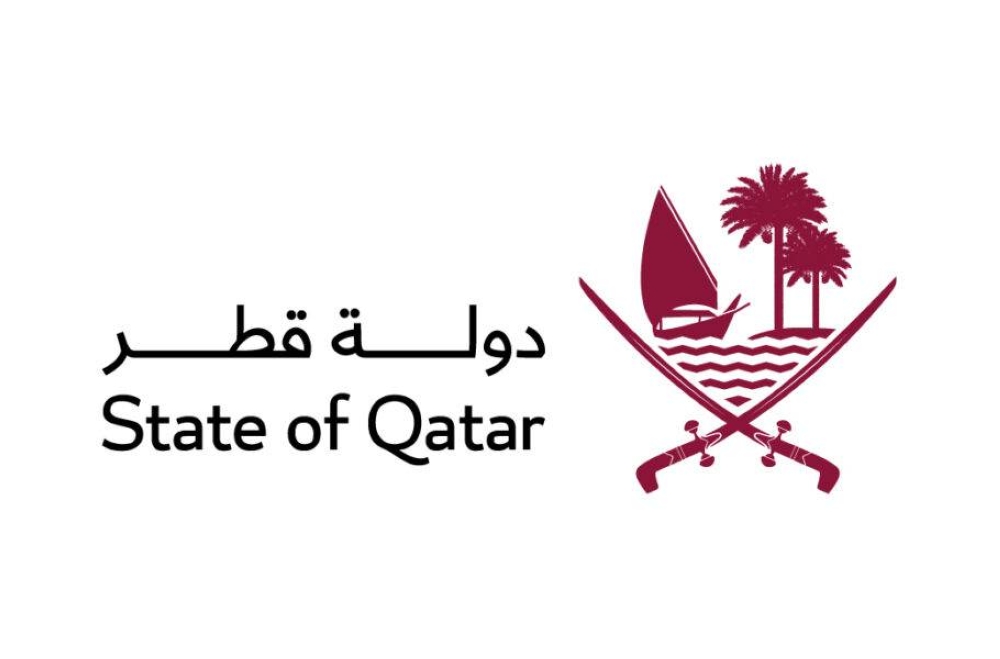In recent years, relations between the Gulf Co-operation Council (GCC) countries and the Association of Southeast Asian Nations (Asean) have witnessed a boom in various fields, especially the economic and trade fields, which has made Asean one of the most prominent trade partners of the GCC countries.
As a culmination of the steadily developing and deepening relations between the two regional organisations, the Saudi capital Riyadh hosted Friday the first summit between GCC countries and Asean, where the summit aims, among other things, to strengthen partnerships and expand strategic co-operation between the two sides, including studying and developing recommendations for the future of relations in free trade and economic co-operation.
The participation of His Highness the Amir Sheikh Tamim bin Hamad al-Thani in the summit reflects the importance that Qatar attaches to strengthening the interdependence between the GCC countries and Asean and the country’s commitment to strengthening and deepening its partnership with the GCC and Asean.
The steps of rapprochement between the GCC and Asean began several years ago, as the Ministerial Council decided at its 18th session in March 1986, to approve initial contacts with some Far East countries, particularly Asean and the Republic of Korea for considering the possibility of conducting exploratory contacts with these countries.
At its 66th session, the GCC Ministerial Council, upon the recommendation by the GCC Financial and Economic Cooperation Committee, agreed to begin economic dialogues with South East Asia nations.
In implementation of this, the GCC General Co-ordinator of Negotiations made a visit to the Asean headquarters in Indonesia in Feb 2000, where he met the Asean secretary-general and its senior officials and discussed co-operation between the GCC and Asean.
On April 15, 2007, Asean Secretary-General Ong Keng Yong visited the Secretariat-General and met with the GCC secretary-general to discuss means to develop relations, exchange viewpoints about the issues of mutual interest, and benefit from the GCC experience in joint economic action.
The first joint ministerial meeting of the strategic dialogue between the GCC and Asean was held in May 2009, and a memorandum of understanding (MoU) for co-operation between the two secretariats was signed on the sidelines of the meeting. The second ministerial meeting for the strategic dialogue between the two sides was also held on May 31 and June 1, 2010, in Singapore. The meeting approved the action plan, which included economic and cultural fields.
In the implementation of the plan, six specialised working groups were formed in the fields of economy, trade, agricultural investment and food security, education, tourism, energy, culture, and media. The third ministerial meeting between the GCC and Asean was held on Nov 26, 2013.
The ambassadors of the GCC countries accredited in the Indonesian capital, Jakarta, were accredited to the Asean secretary-general according to what was agreed upon in the second joint ministerial meeting of the GCC and Asean in Singapore in June 2010.
As for the accreditation of the ambassadors of the Asean countries in Riyadh to the GCC, the Secretariat-General established the accreditation mechanism, which was approved by the GCC states.
Asean is an economic organisation established on Aug 8, 1967, and includes ten countries: Indonesia, Malaysia, Philippines, Singapore, Thailand, Brunei, Vietnam, Laos, Myanmar, and Cambodia.
The convergences between Asean and the GCC lie in the fact that they are influential geographical regions, as the location of the GCC countries acquires great strategic and economic importance in terms of international trade corridors, besides the fact that the GCC countries have the world’s largest oil reserves, estimated at 33% of the total global reserves while five countries of the council export about 18% of the world’s oil needs.
As for Asean, the population of its countries is about 700mn people, which is equivalent to 8.8% of the world’s population, but Asean’s trade market extends to 2.3bn people, equivalent to about a third of economic activity in the world and it is expected to expand further, especially after the signing of the economic partnership agreement between the Asean and the countries of the Indo-Pacific, the most important of which are China and India.
In 2020, according to the World Bank, the total economic output of Asean countries reached $3tn, making it the third-largest economy in Asia and the fifth-largest economy in the world after the US, China, Japan, and Germany. The Asean economy is expected to grow by 4.7% in 2023 and 5% in 2024, driven by healthy domestic demand, net exports, and a faster recovery in the services sector.
Qatar has moved to raise investment levels and diversify its sources and needs from Asean countries, as the past few years have witnessed steady growth, embodied in various Qatari investments that included the energy, financial, real estate, communications, agricultural business, hospitality, and medicine, and culminated in the opening of a main office for the Qatar Investment Authority in the Asia-Pacific region in Singapore. Some prominent Qatari companies had a presence in Indonesia, such as Ooredoo, Nebras Power, and the Qatar National Bank Group.
In Malaysia, Qatar invested about $5bn in the Pengerang Integrated Petroleum Complex in the state of Johor. In 2013, Qatar signed a project that allows Malaysia to compete with Singapore to become a regional centre for the petroleum industries in Southeast Asia.
On the same level, the investments of Asean member states in Qatar have increased steadily, with prominent projects in oil and gas, hospitality, information and communications technology, construction, and retail. Some Asean member states play a vital role in supporting food security efforts in Qatar as part of its Qatar National Vision 2030 (QNV 2030).

